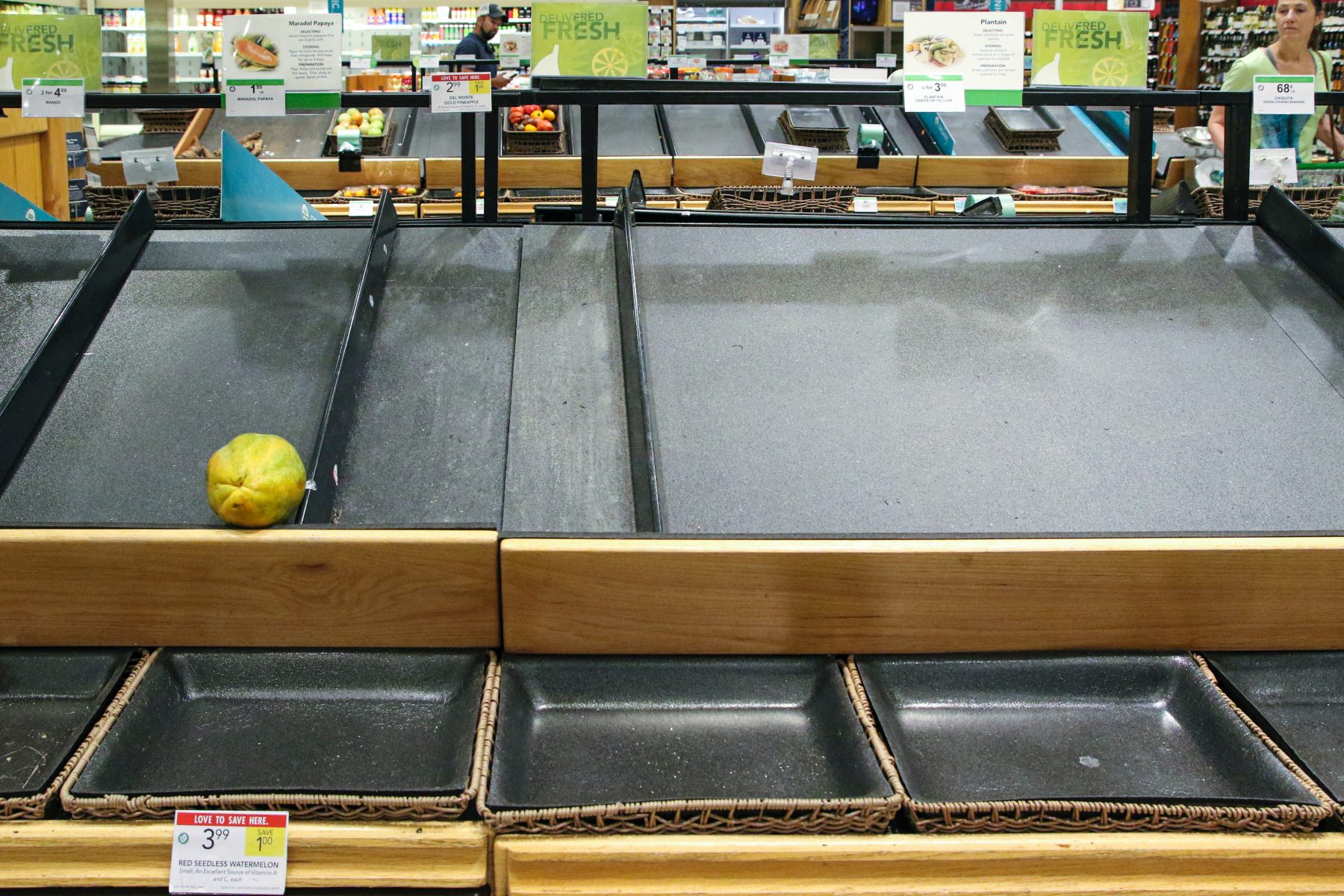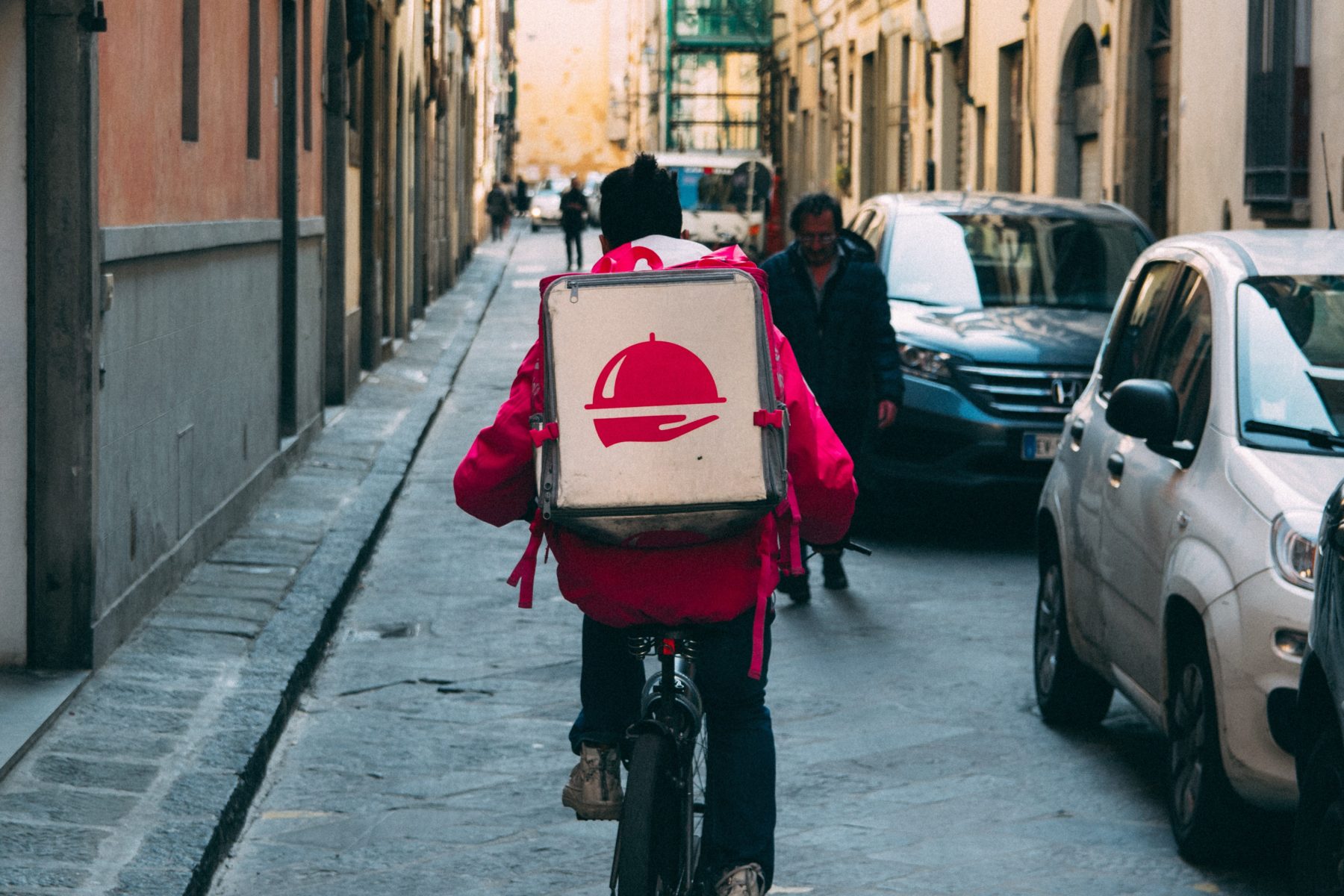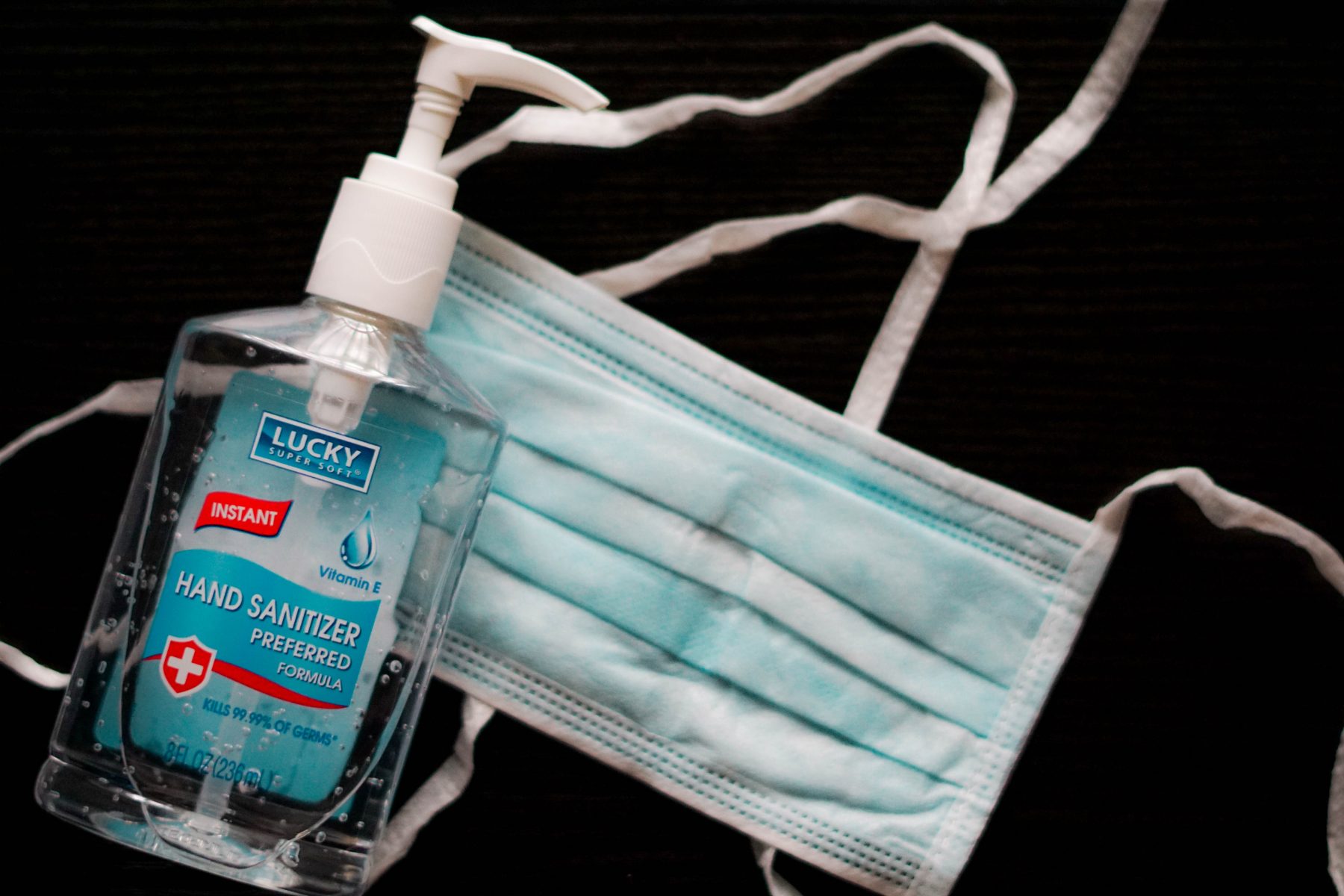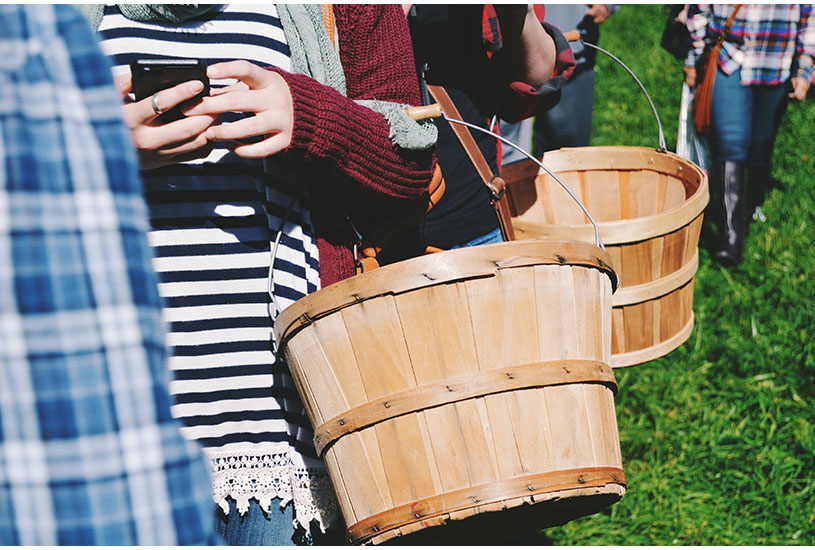In a period of panic-buying and empty supermarket shelves, we can’t forget about the horticultural industry that works to sustain us.
Since the 1980s, the horticulture industry has been heavily reliant on migrant labour to provide a significant amount of harvest labour.
This includes backpackers and others on Working Holidaymaker visas and temporary migrant workers, as well as asylum seekers on bridging visas and more settled/permanent migrant communities.
The work is physically hard, usually paid by piece rate with a set amount per bin of picked fruit, rather than an hourly wage.
To top it off this work is often seasonal, tied to the harvest season that is. It’s often quite precarious, often low paid work, and workers have relatively little security.
So, what should we be keeping in mind for migrant workers doing it tough in the shadow of COVID-19?
Australia’s migrant community
Alongside the rise of stockpiling, images of empty produce shelves aren’t uncommon. Now more than ever, there is a higher demand for harvest labour.

But how are we protecting the migrant community? The short answer is: we aren’t.
Migrant workers on temporary visas create a significant proportion of the national workforce – more than 1 million workers.
But many are treated as more or less disposable when no longer needed, and the COVID-19 crisis is exposing the inequalities between temporary migrant workers and those with citizenship or permanent residence.
ARC DECRA Senior Research Fellow in the Alfred Deakin Institute, Dr Victoria Stead, says we have a huge responsibility to all those working within the horticultural industry, and other agricultural industries.
In the midst of the pandemic, migrant workers deserve to not only be employed but protected as well.
“The reality is that the differentiated, unequal distribution of protections and vulnerabilities is effectively built into the temporary migrant labour system, and it’s part of the appeal (for the state and many employers) of using temporary migrant labour,” Dr Stead explains.
So what does this mean? As casual, flexible workers, they generally don’t have sick leave or other kinds of leave. And because they are not citizens or permanent residents, they also have fewer rights and protections than other workers.
“That’s what we’re seeing now – there are basically no protections in place for these workers, but they’re often tied to highly restrictive visa conditions, and facing real vulnerability and insecurity.”
“The distribution of insecurity and protection through this crisis is deeply unequal, and is being structured on heavily racialised lines.”
Migrant workers on temporary visas are excluded from eligibility for the JobKeeper wage subsidy. Others are facing the economic strain of booking flights home only for them to be cancelled.
Prime Minister Scott Morrison has called on those on temporary visas to “go home”, but many workers and their families are stuck in place. For others, this is home, albeit an increasingly unwelcoming one.
Within the horticultural industry, and in other industries, fair working solutions are being left off the table for discussion.

“It’s important to note that these conditions and experiences are also being felt in other sectors heavily dependent on (predominantly non-white) migrant labour, including the delivery sector. Think food delivery drivers, Uber/transport, etc,” Dr Stead says.
A valuable asset to our labor force
Within the horticultural industry, many of the workers picking and packing fruit and vegetables are Pacific Islanders here under the Seasonal Worker Programme (SWP), a dedicated visa program targeted at Pacific countries.
The SWP promises development outcomes, based on remittance payments from workers sending money home.
Australia’s relationship with this region, and the promises it makes about the scheme, mean we have a responsibility to protect these workers.
We need to recognise the critical role migrant workers play in the labour force and offer them the same protections as an Australian citizen or permanent resident.
It’s a matter of safety for the individual, but also globally. If a worker returns home they could unknowingly put their nation at risk.
For Pacific Island nations with many internationally-based citizens, it’s a growing possibility.
But how do we ensure we’re not putting Pacific nations at risk?
Dr Stead provides one of many examples that could make an impact, she offers: “We could ensure that all returning groups of Pacific workers are properly screened.
“This will help to make sure we do not risk sending infected people back to places with weak health systems that are highly vulnerable in this pandemic.
“The government should also look to offer alternative employment opportunities for groups of Pacific workers due to travel to Australia under the Seasonal Worker Program whose trips have now been cancelled amid COVID-19 travel restrictions.

“We need to ensure that migrant workers, many of whom work in relatively high-risk sectors (i.e. work that cannot be done at home, that involves significant contact and risk of infection) have everything they need to be safe, including the provision of personal protective equipment where appropriate,” Dr Stead says.
Equal protections for all
In the wake of the pandemic, Dr Stead described the most important issue for migrant workers – equal access to protections and safe working conditions.
Indeed, what would the workforce look like with equality in mind? What if we could help flatten the curve that much more by supporting our migrant workers? What kind of impact would it have?
“The most promising opportunities for change, I think, are through progressive sectors of the union movement and farmworker organising,” Dr Stead notes.
Globally, union movement and farmworker organising are at an all-time high, even closer to home with the United Workers Union.
From parliament house to online protest, many are raising their voices with calls for access to JobKeeper wage subsidy. With hashtags like #NoWorkerLeftBehind and #WageSubsidyForAll, many are asking for our support.
As always, our shelves will continue to be stocked.
But before you pick up that Royal Gala apple or those Truss tomatoes, think about the hands that harvested them and what this new phase of life will have on their humanity.
Peckish for more? Check out Dr Stead’s article on the Guardian



